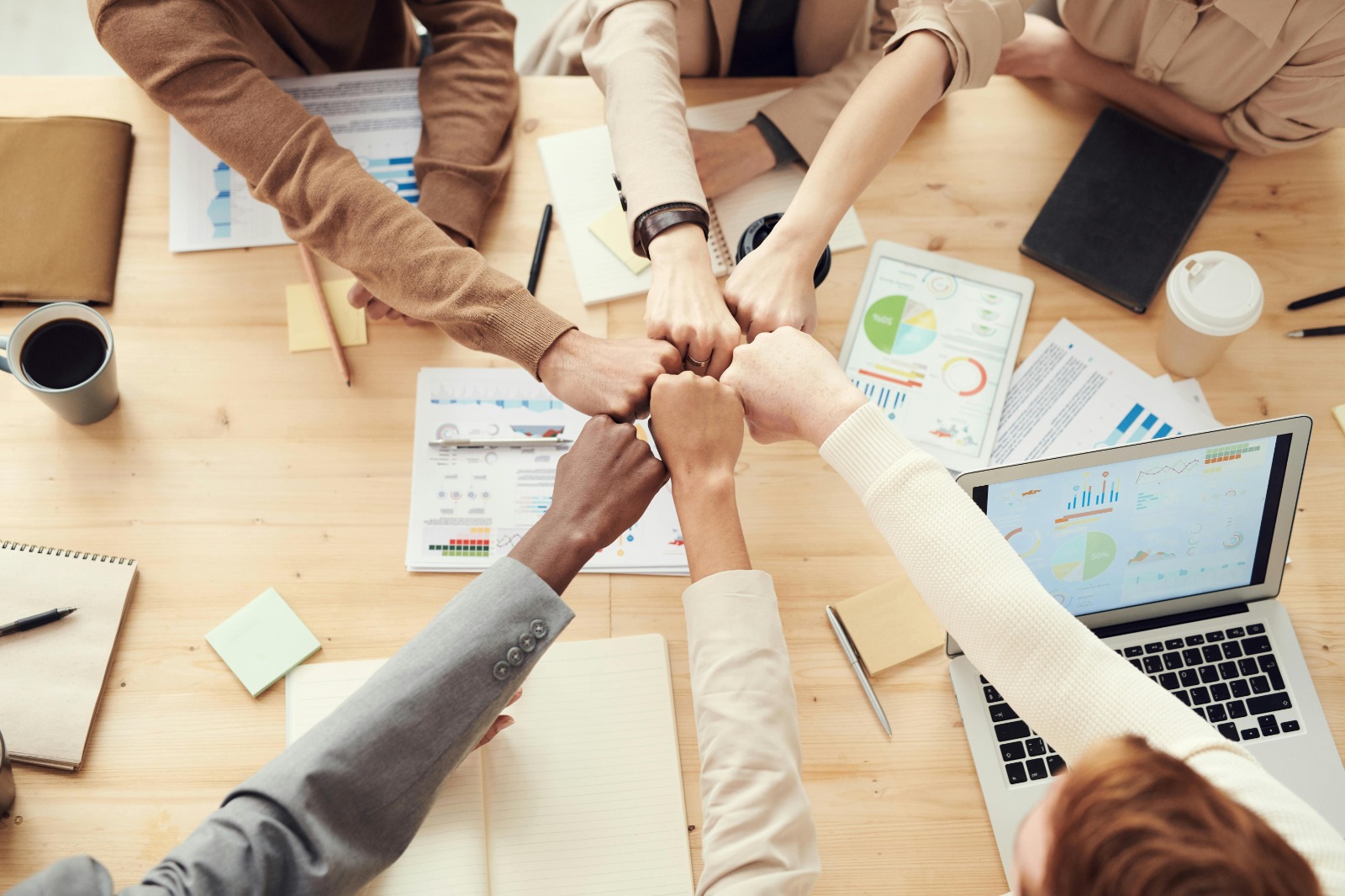In today’s rapidly changing world, higher education options have expanded far beyond the traditional university route. Many students are now considering alternatives that combine practical experience with academic learning, such as degree apprenticeships. But how do degree apprenticeships compare to traditional degrees? This article will explore the differences, benefits, and drawbacks of both paths to help you decide which might be the best fit for your future.
What Are Degree Apprenticeships?
Degree apprenticeships are a relatively new educational model that blends work experience with academic study. Unlike traditional degrees, students on a degree apprenticeship are employed by a company while studying towards a full degree. This means they gain hands-on experience in their chosen field while earning a salary, rather than paying tuition fees and living off loans. Degree apprenticeships are designed to develop industry-specific skills, making graduates highly attractive to employers.
How Traditional Degrees Work
Traditional degrees typically involve three to four years of full-time study at a university. Students focus primarily on academic learning, engaging in lectures, seminars, and assessments. While internships and placements are sometimes part of the program, the core experience is classroom-based. Traditional degrees offer a broad theoretical foundation and are often seen as a path to higher education or research-focused careers. However, they can come with significant financial costs and may delay entry into the workforce.
Key Differences Between Degree Apprenticeships and Traditional Degrees
One of the main differences between degree apprenticeships and traditional degrees is the integration of work experience. Degree apprenticeships allow students to apply what they learn immediately, developing practical skills alongside theoretical knowledge. In contrast, traditional degrees often focus on academic study first, with work experience being optional or limited to summer internships.
Another key difference is financial. Degree apprenticeships are usually funded by employers, meaning students can avoid hefty tuition fees while earning a salary. Traditional degree students, however, typically rely on loans or personal funds, which can result in long-term debt. Additionally, degree apprenticeships often provide networking opportunities within the industry from day one, while traditional degree students may need to seek these connections independently.
Benefits of Degree Apprenticeships
Degree apprenticeships offer several advantages. They provide real-world experience, giving students a competitive edge when entering the job market. The combination of earning while learning reduces financial stress and builds professional networks early. Degree apprenticeships are particularly beneficial for students who prefer hands-on learning or want to fast-track their career in a specific industry.
Benefits of Traditional Degrees
Traditional degrees also have their advantages. They provide a broad, well-rounded education, fostering critical thinking, problem-solving, and research skills. Traditional degrees can also open doors to a wider range of career paths, including academia, research, and certain professional fields. The university experience itself—social networks, extracurricular activities, and personal development—is another key benefit that degree apprenticeships may not fully replicate.
Which Option Wins?
Ultimately, the choice between degree apprenticeships and traditional degrees depends on individual goals and learning preferences. Degree apprenticeships are ideal for students eager to gain practical skills, earn a salary, and enter the workforce sooner. Traditional degrees, on the other hand, are better suited for students who value academic exploration, theoretical knowledge, and a more traditional university experience.
In conclusion, degree apprenticeships provide a compelling alternative to traditional degrees, offering practical experience, financial support, and early career progression, making them an excellent choice for many students seeking a direct path into the workforce; however, traditional degrees still hold value for those pursuing a broad education and academic opportunities, and by weighing the benefits of degree apprenticeships against traditional degrees, prospective students can make an informed decision that aligns with their personal and professional goals.




